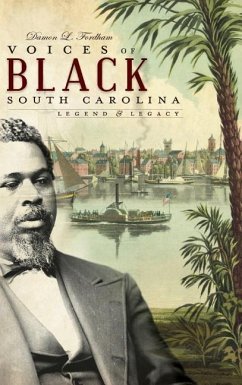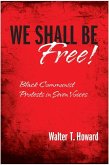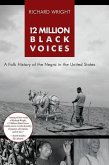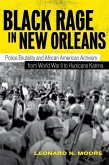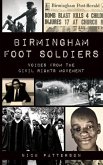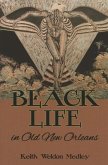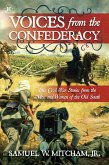Did you know that eighty-eight years before Rosa Parks s historic protest, a courageous black woman in Charleston kept her seat on a segregated streetcar? What about Robert Smalls, who steered a Confederate warship into Union waters, freeing himself and some of his family, and later served in the South Carolina state legislature? In this inspiring collection, historian Damon L. Fordham relates story after story of notable black South Carolinians, many of whose contributions to the state s history have not been brought to light until now. From the letters of black soldiers during the Civil War to the impassioned pleas by students of Munro s School for their right to an education, these are the voices of protest and dissent, the voices of hope and encouragement and the voices of progress."
Hinweis: Dieser Artikel kann nur an eine deutsche Lieferadresse ausgeliefert werden.
Hinweis: Dieser Artikel kann nur an eine deutsche Lieferadresse ausgeliefert werden.

